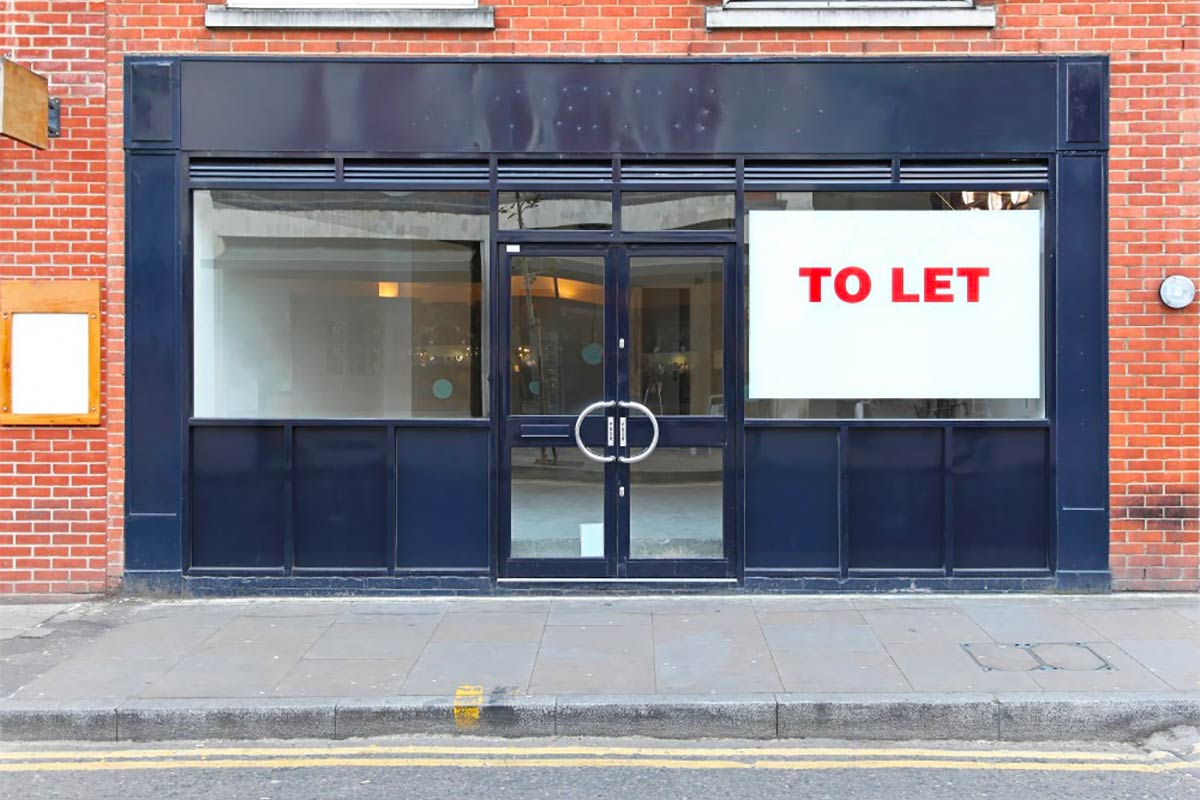
If you’re the owner of a commercial property (remember, this typically includes let properties if you’re a landlord), then insurance should be fairly close to your heart!
Here are some top tips relating to commercial property insurance:
- look for policies that can be tailored to your needs. There’s absolutely no point in paying for cover that you don’t need – and that’s sometimes the consequence of selecting an apparently cheap one size fits all policy;
- remember that security can be a BIG factor in how much your policy costs. If you have installed the latest and approved security devices then you might hope to see a commensurate reduction in your premium;
- be sure you understand your environmental risks. Of course, this only applies when you’re selecting your property to begin with (once you’ve purchased or leased it, it’s too late!). This covers situations such as purchasing a buy-to-let property in an area known to be high risk in terms of flooding etc;
- remember employers’ liability cover. True, this isn’t property insurance per se but it is important if you have employees (where it’s likely to be mandatory) but also sometimes when you have casual labour working for you on a regular basis. Property insurance policies typically do not include employers’ liability cover as standard;
- if you can avoid it, don’t store highly hazardous materials on your commercial premises. A good example might be gas tanks if you’re having building work done. It will typically hugely increase your premium (or invalidate your cover). Instead, let your tradespeople store them at their risk, if at all feasible;
- pay special attention to public liability cover. If one of your tenants or a tradesperson suffers an accident on your premises then there’s a fair chance the result will be a claim for compensation. Today, court awards in this area can be staggeringly high and it’s worth being sure that you have plenty of cover available;
- if you have several commercial properties, consider looking for a portfolio-type deal. Whether you have one policy or several, it may be financially advantageous if they’re all consolidated with one provider of commercial property insurance;
- make sure you’re familiar with the constraints and conditions of commercial property insurance as it relates to unoccupied property. Broadly speaking, if you leave your property unoccupied for a period exceeding 30-60 consecutive days (the exact period will be specified in your policy) then your existing policy may become null and void – or at the very best, offer limited property protection only. You will typically require unoccupied property insurance in order to maintain cover;
- do not, under any circumstances, make the mistake of thinking that owner-occupier property insurance will ‘somehow’ be OK for your buy to let commercial property. It won’t and this will be discovered in the event of a claim. Having a claim refused for this reason is an experience well worth avoiding, so seek commercial property insurance at the outset;
- check with your insurance provider to see if they can offer a reduced premium in return for you taking a higher voluntary excess. The excess is the amount you agree in advance to pay towards the cost of any successful claim.